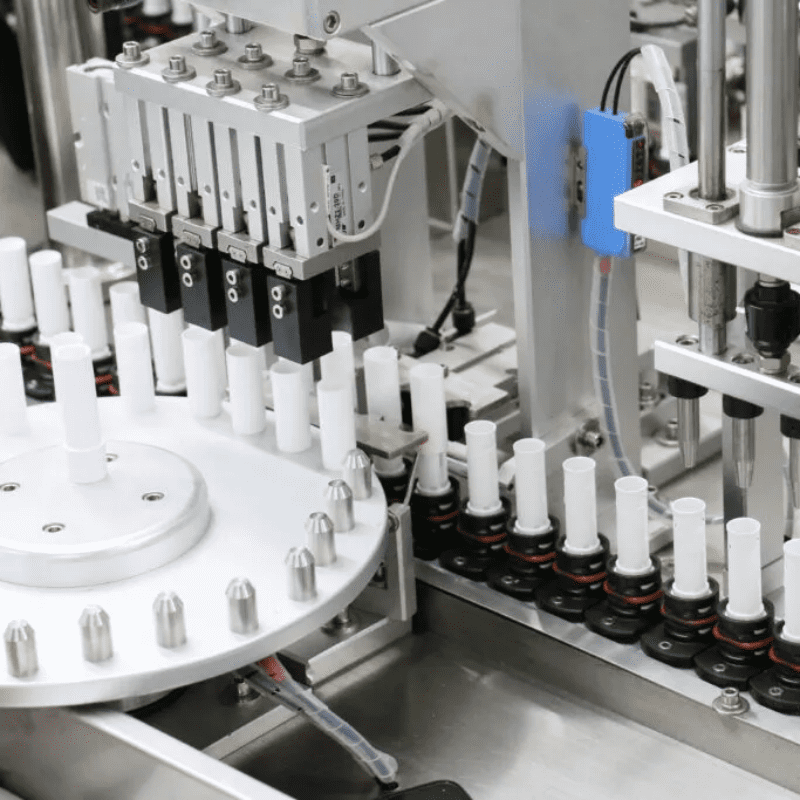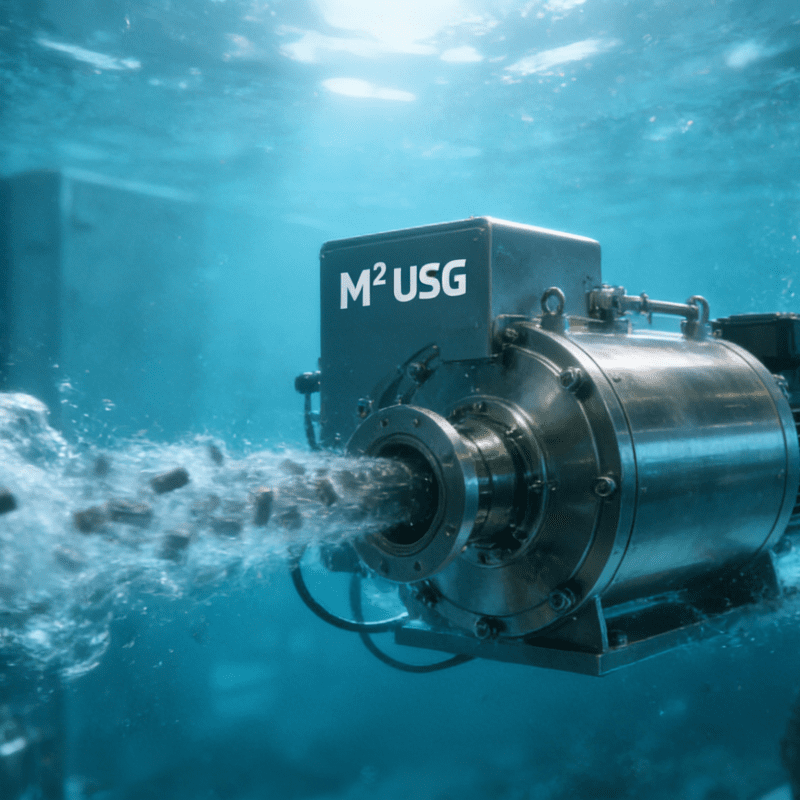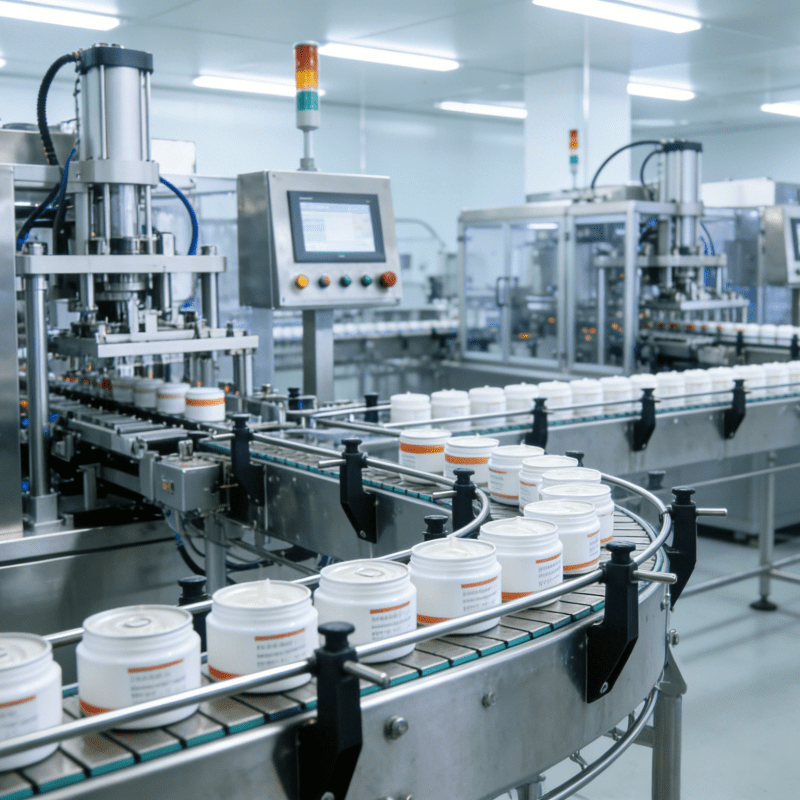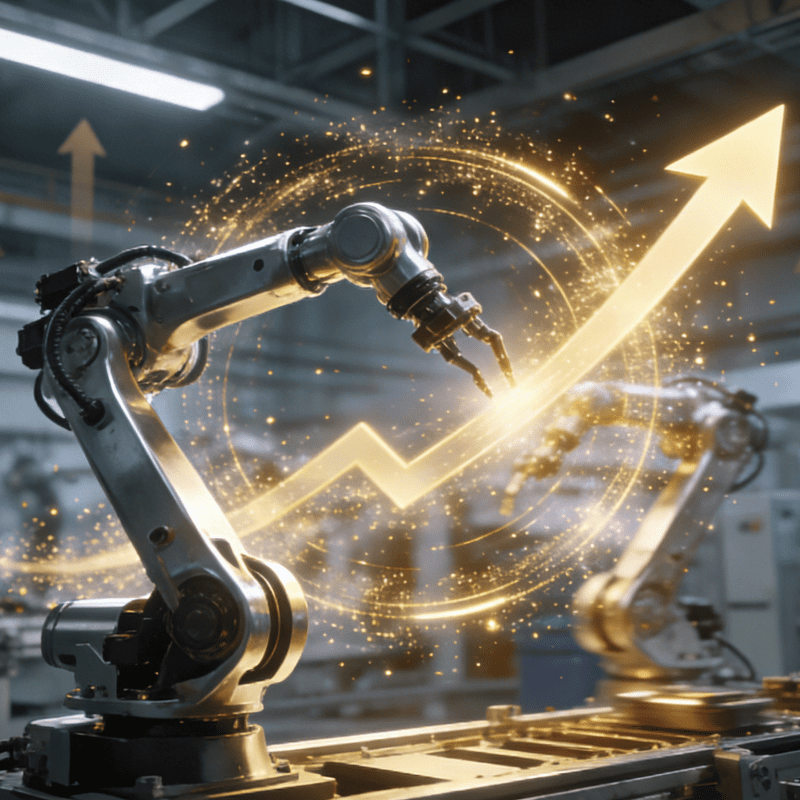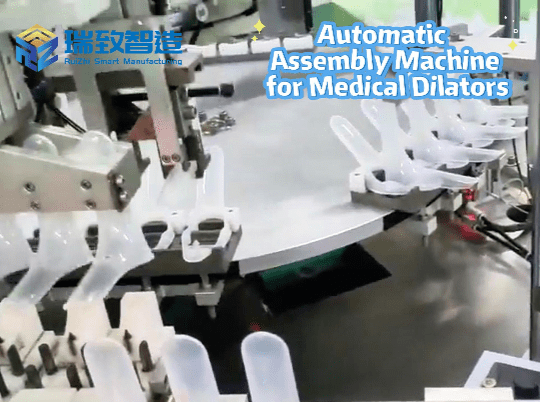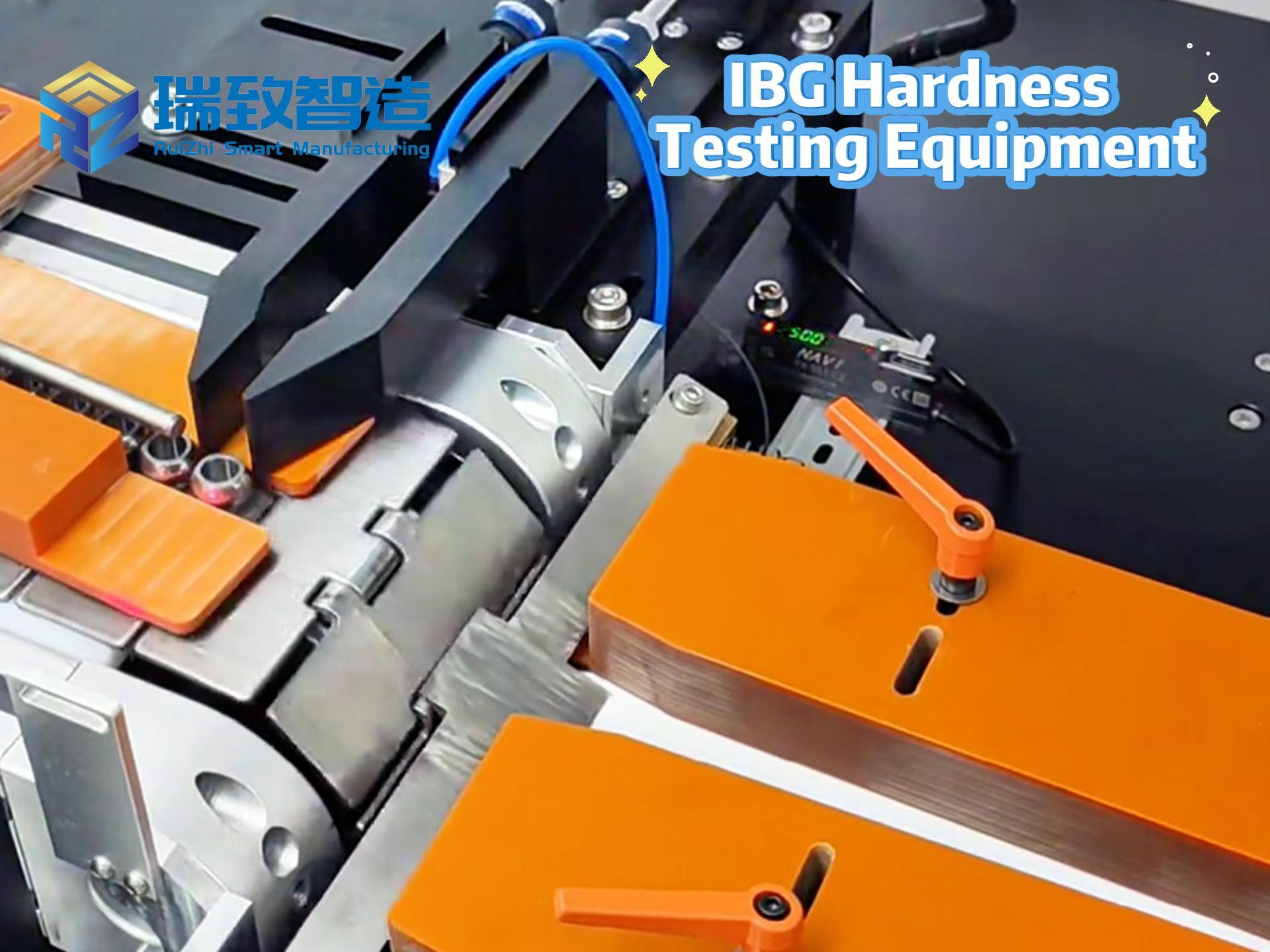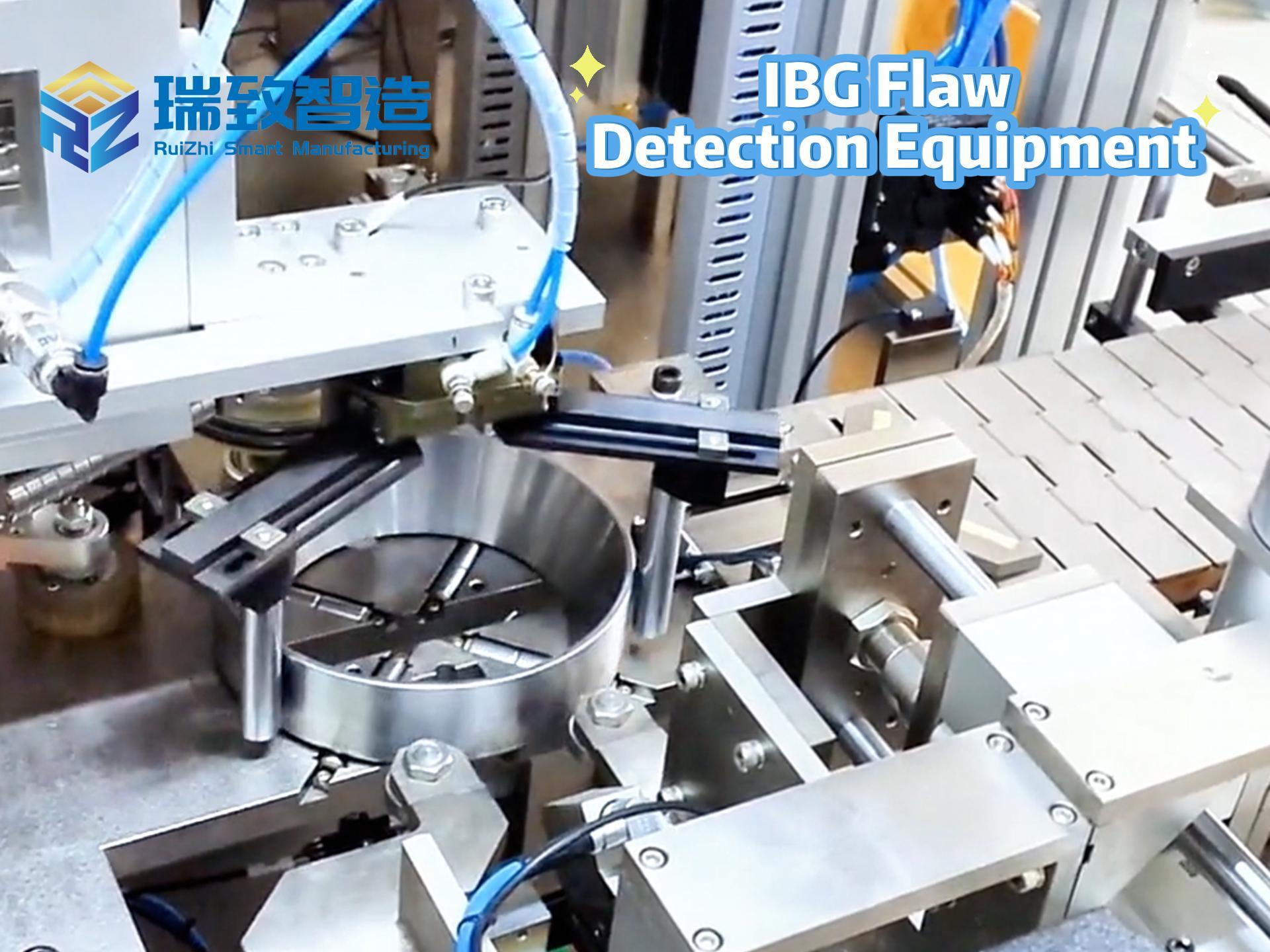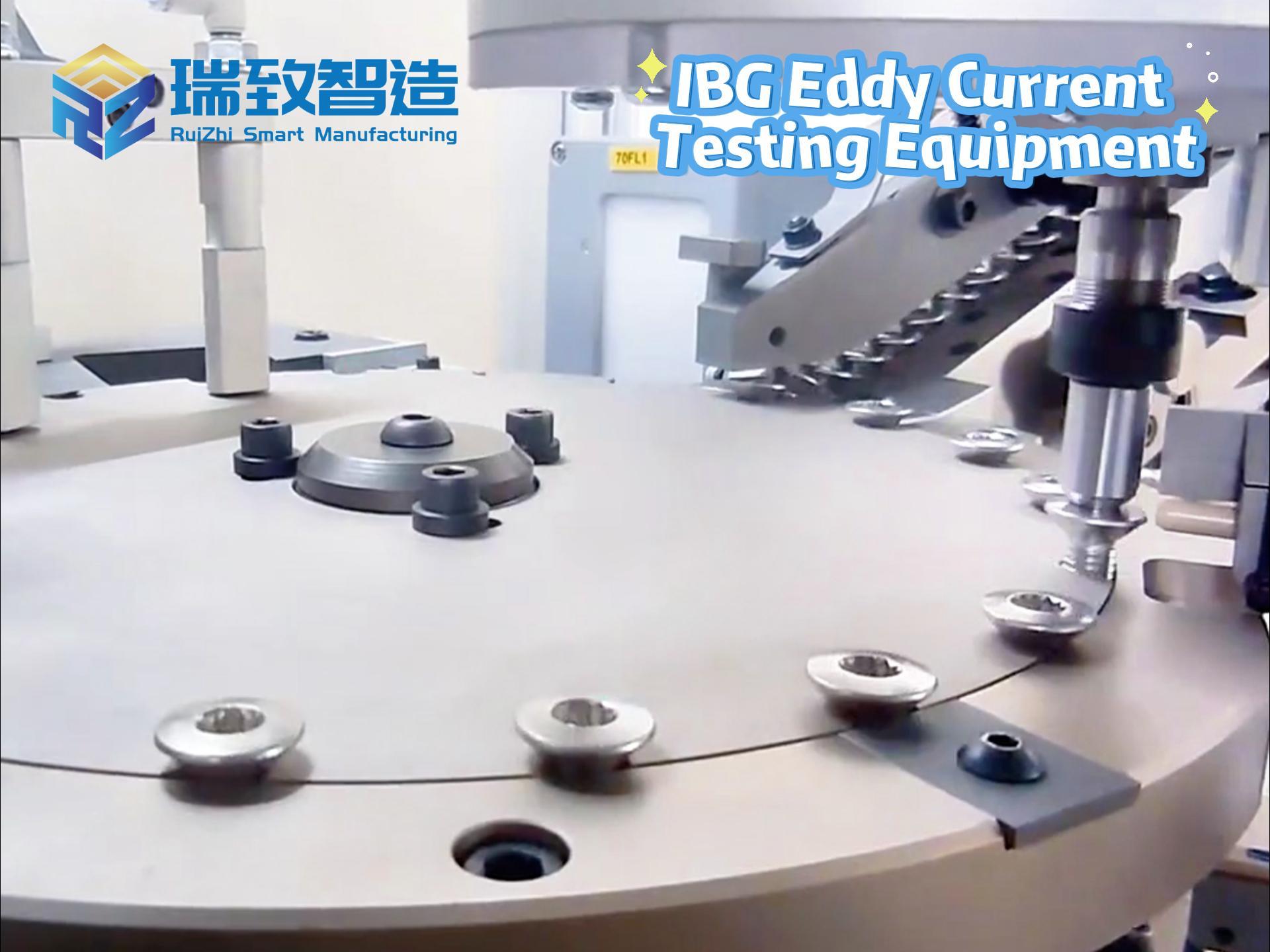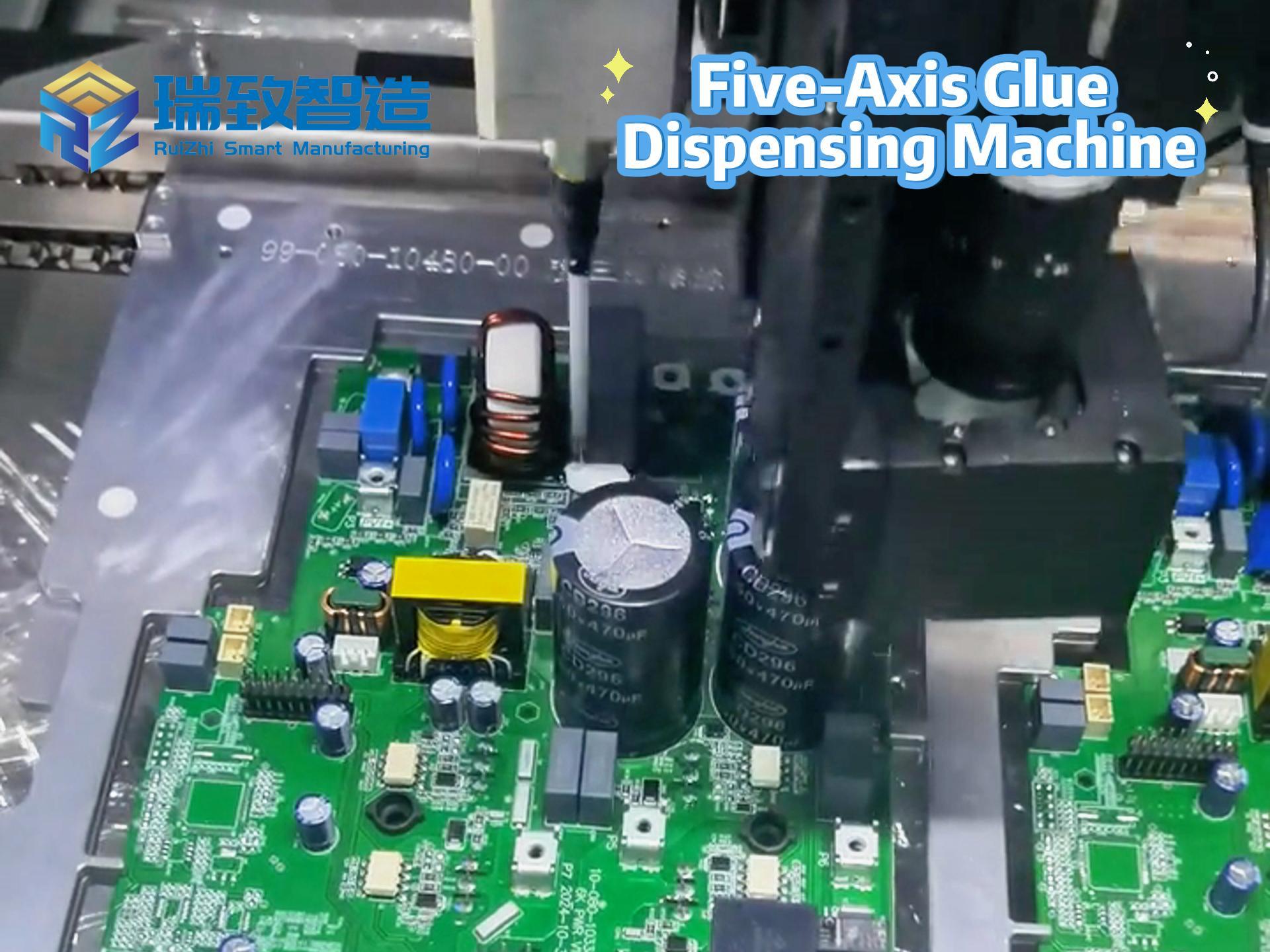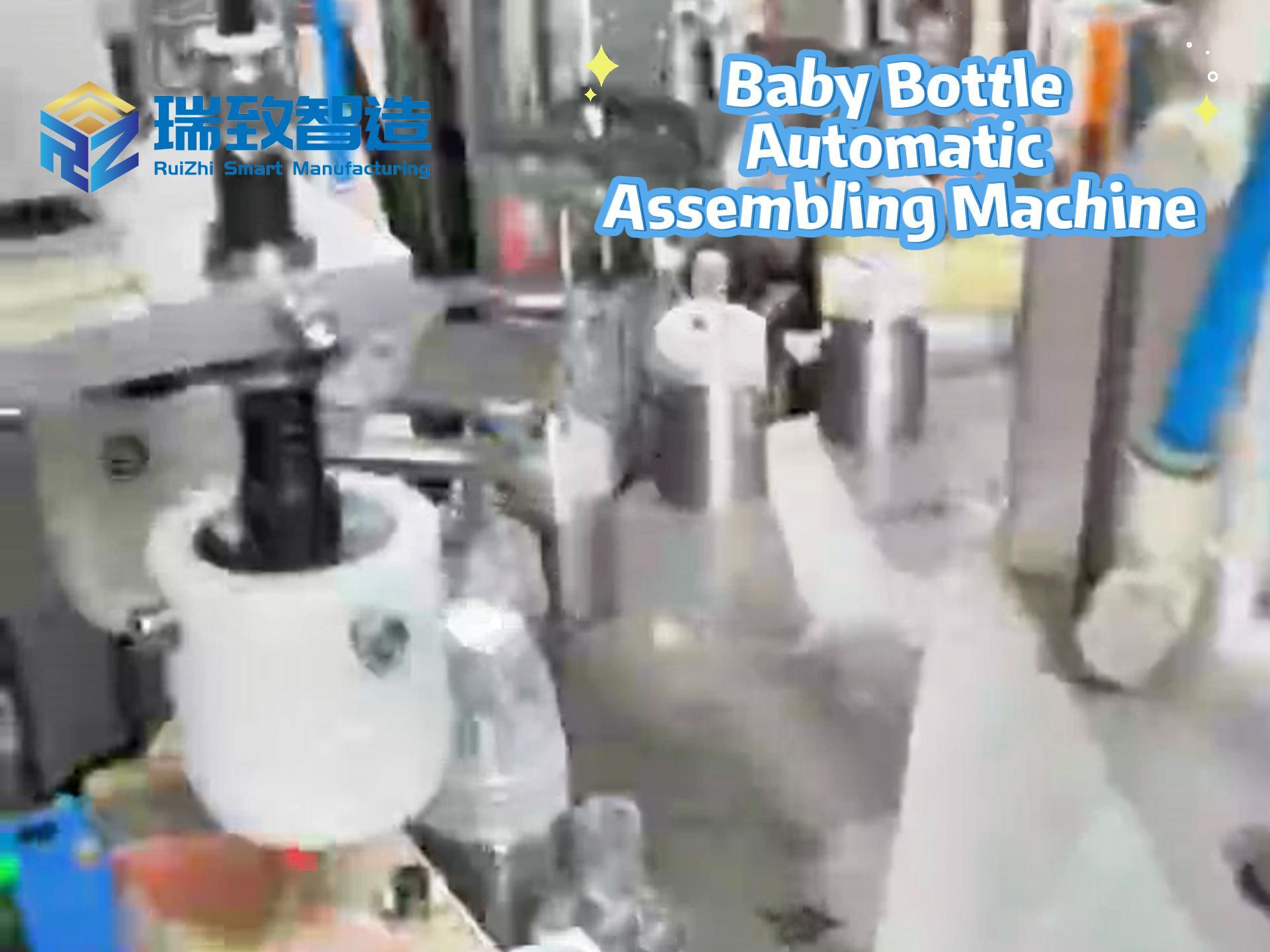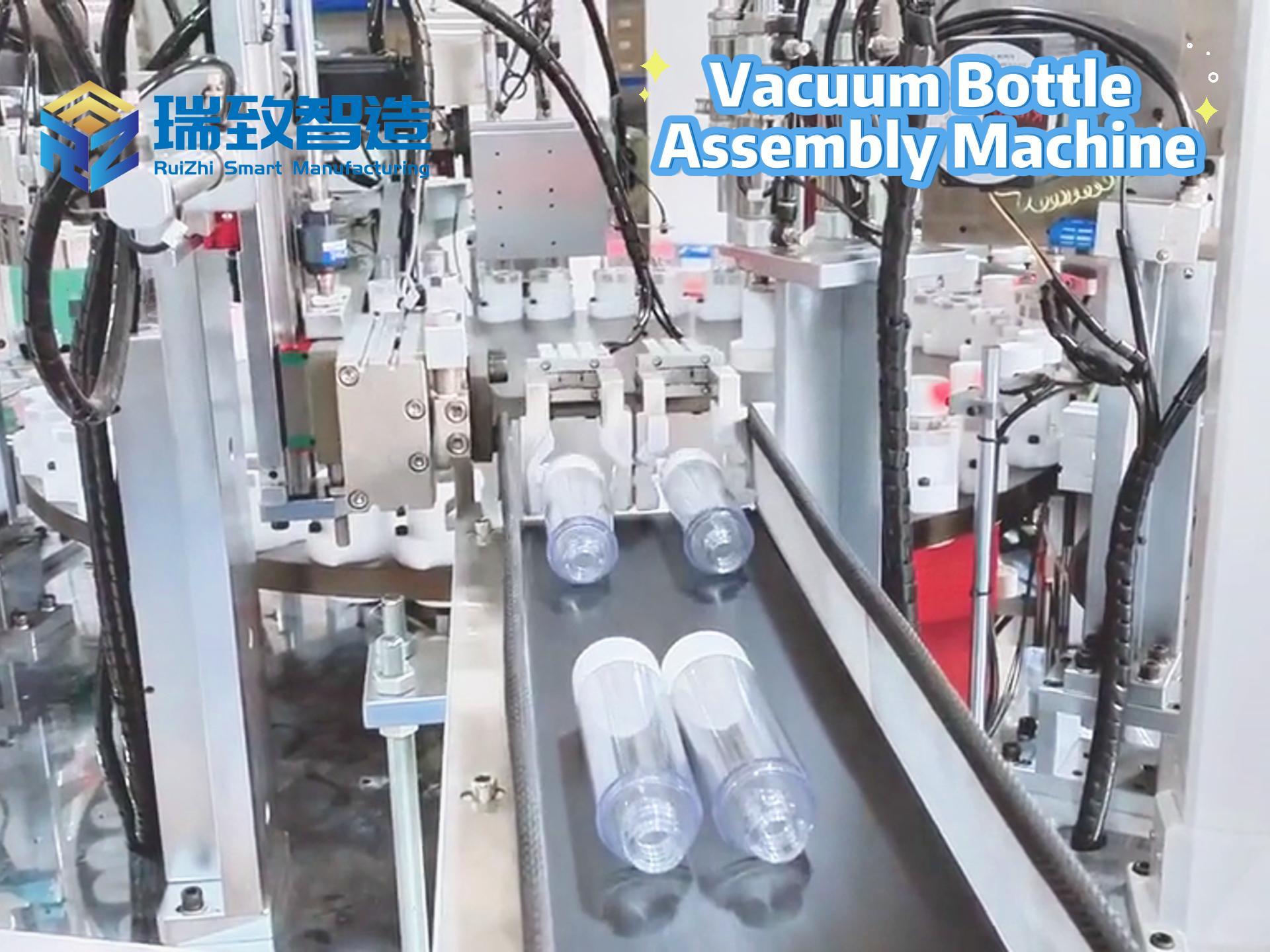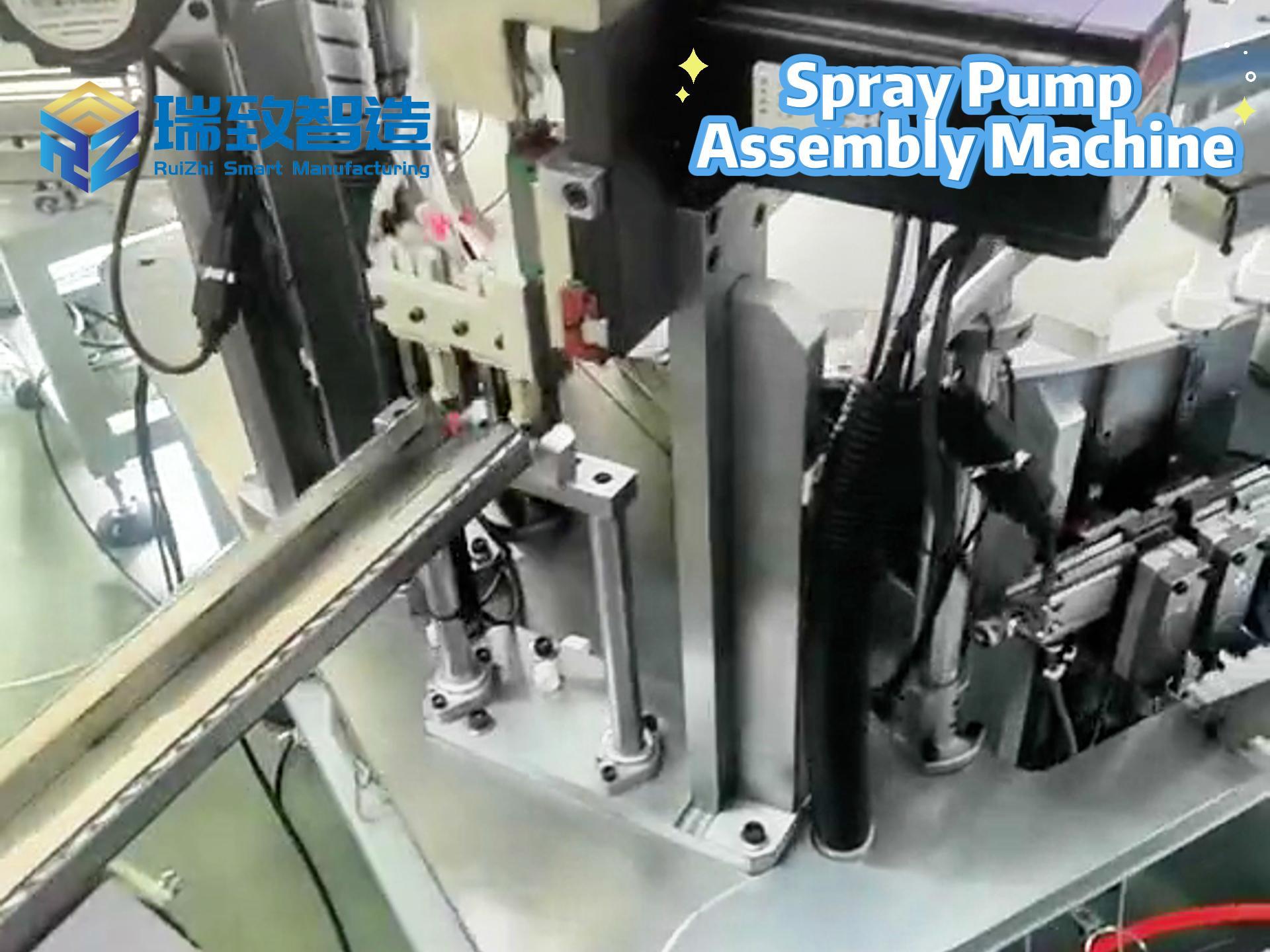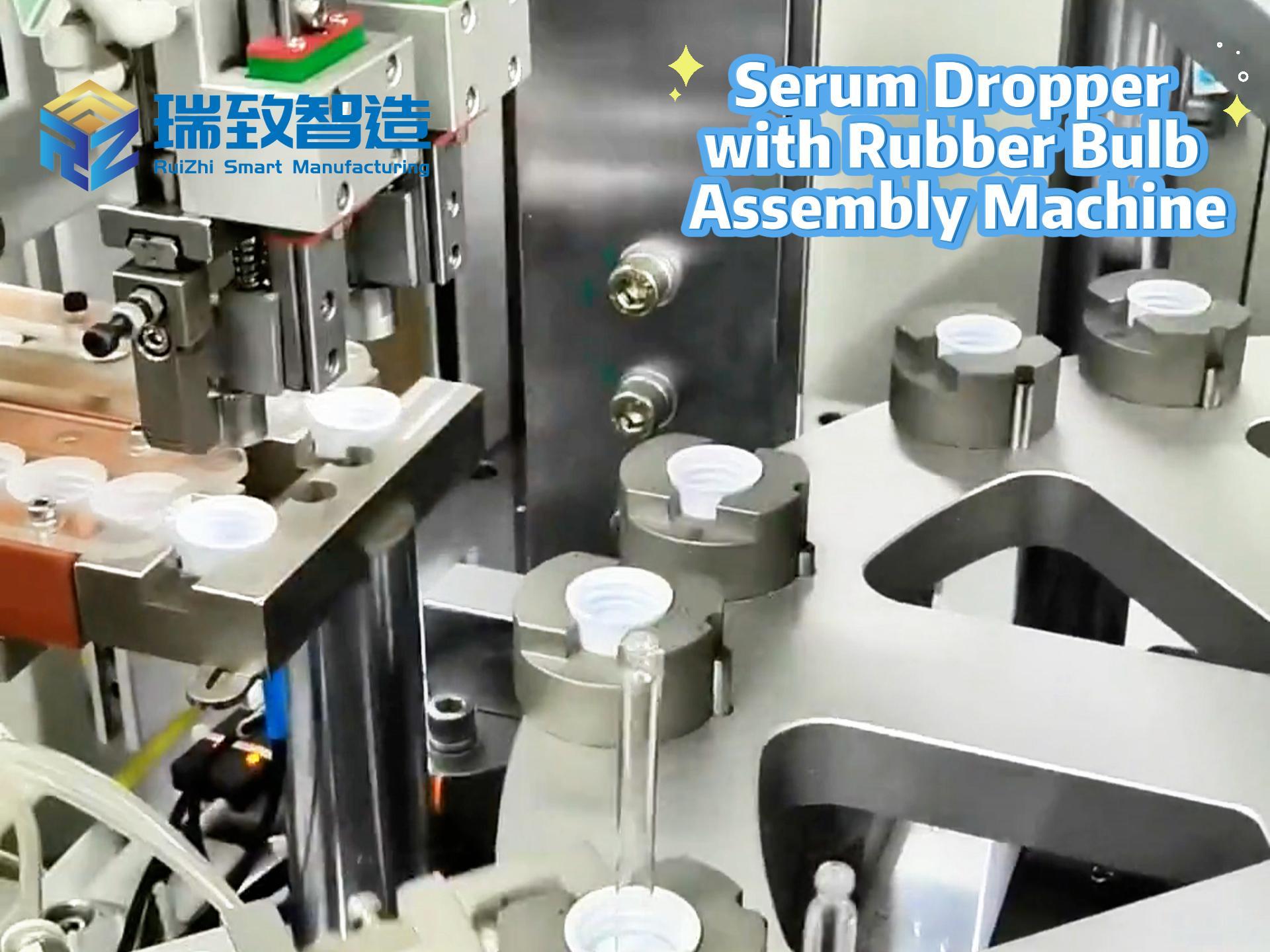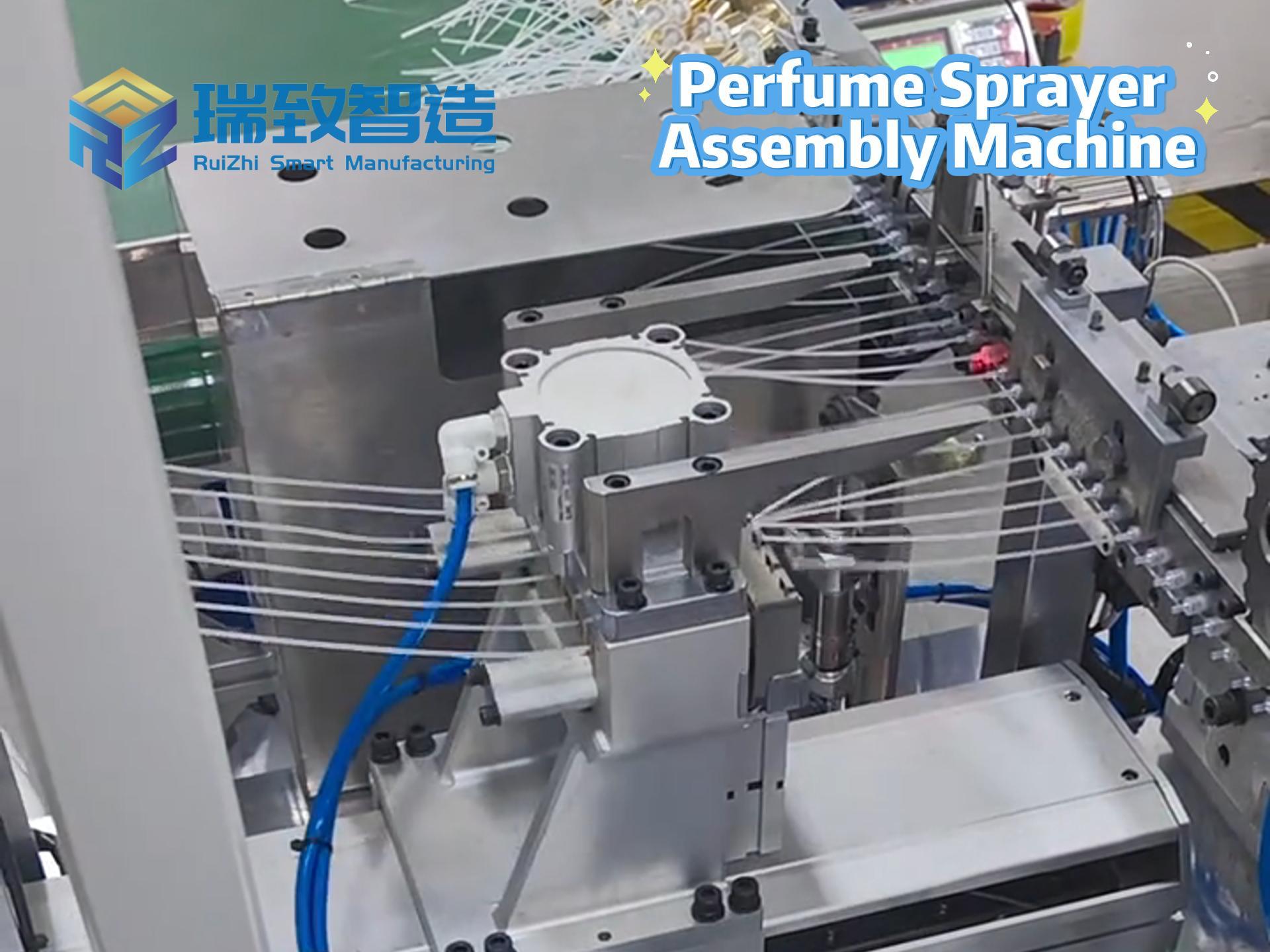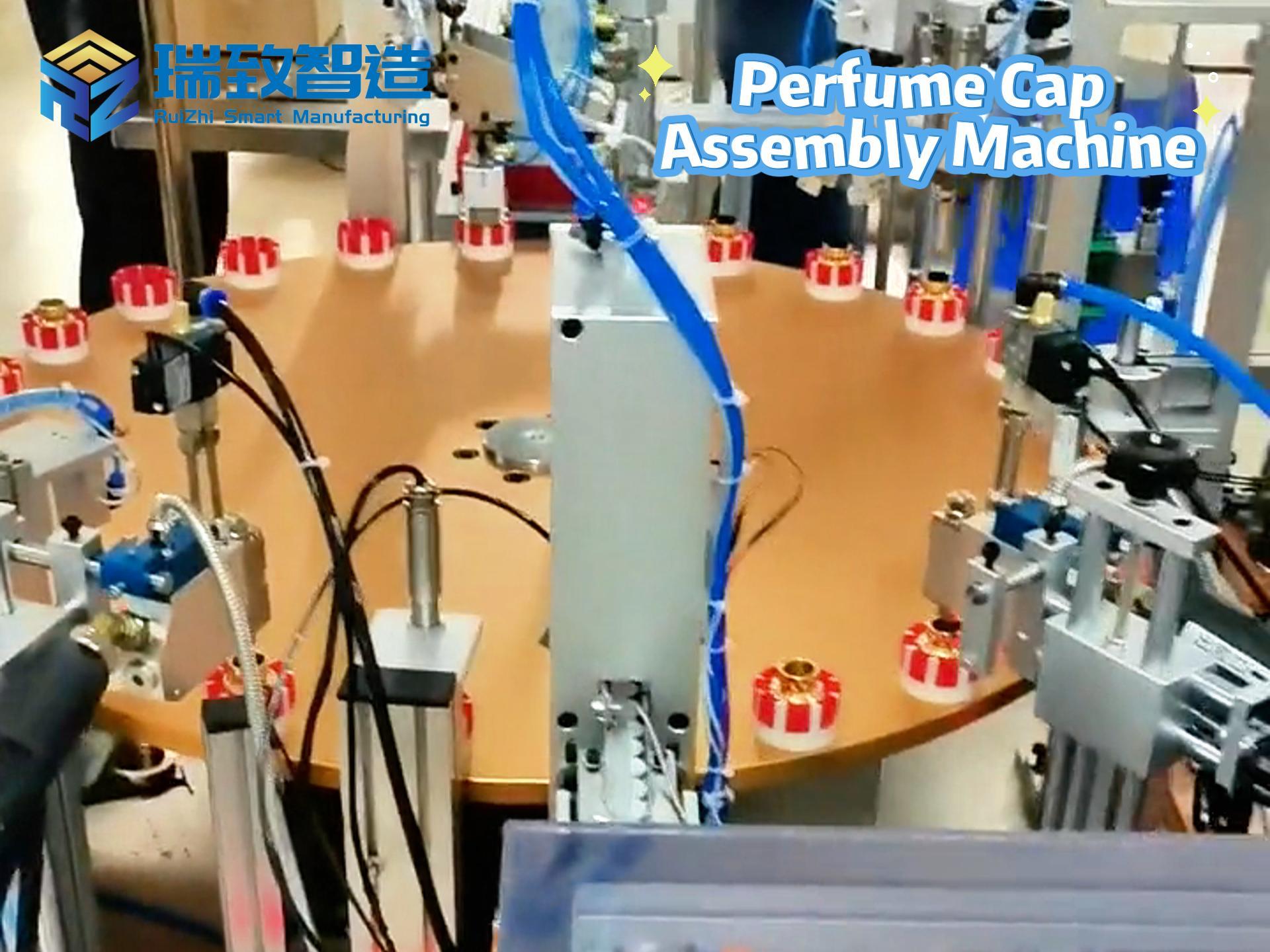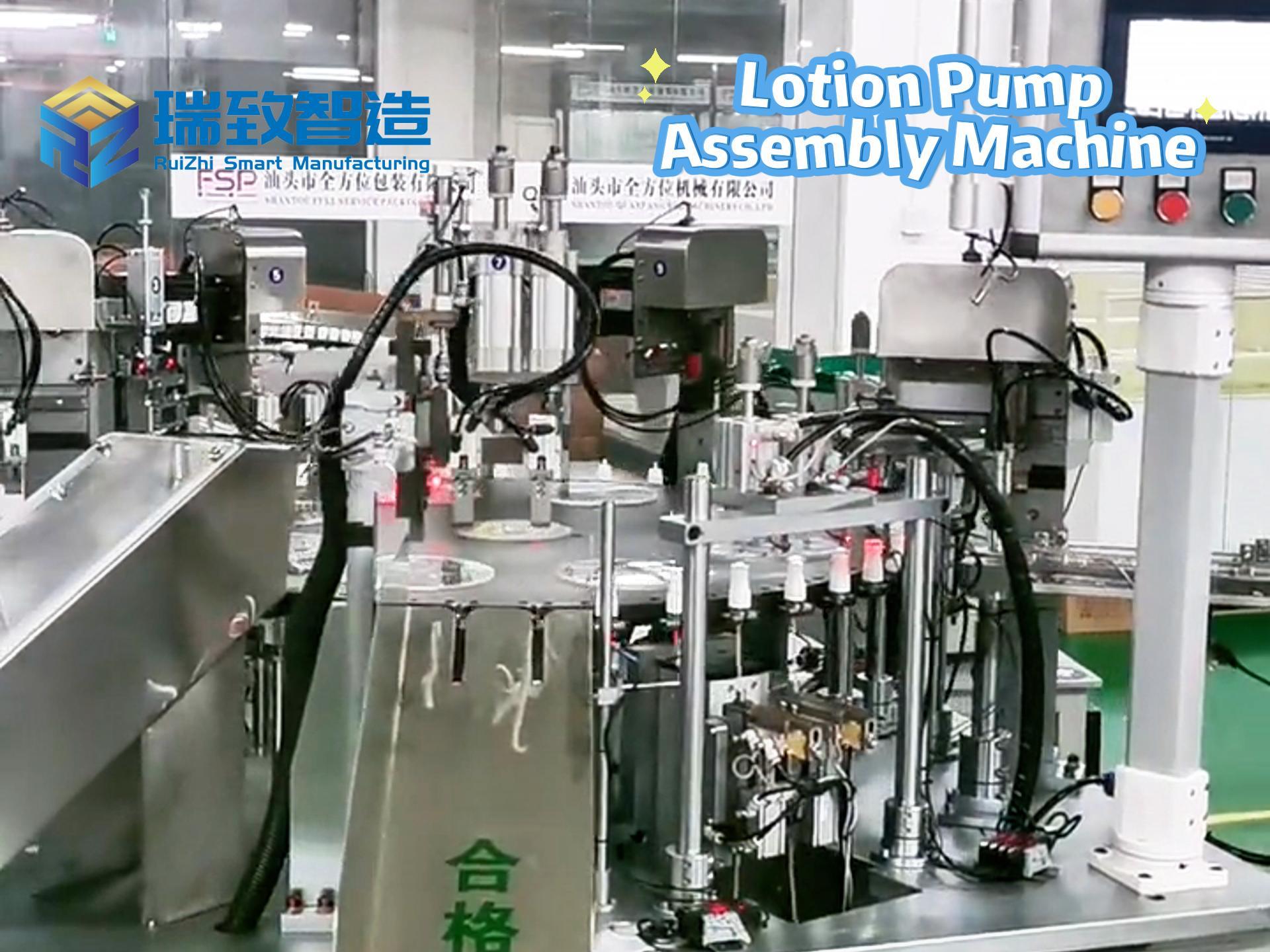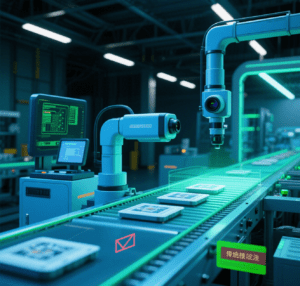
Guide: Artificial Intelligence (AI) and Machine Learning (ML) are driving a paradigm shift in industrial automation, making manufacturing processes smarter, faster, and more efficient. The industrial automation market is projected to grow from $205.63 billion in 2023 to $427.42 billion by 2031.
Artificial Intelligence (AI) and Machine Learning (ML) have emerged as transformative forces in the field of industrial automation. These technologies are revolutionizing factory operations by enabling intelligent decision-making, improving process efficiency, and reducing operational costs. From predictive analytics to autonomous systems, AI and ML are reshaping the industrial landscape. According to an analysis by Consegic Business Intelligence, the industrial automation market is expected to grow from $205.63 billion in 2023 to $427.42 billion by 2031.
Predictive Maintenance: Enhancing Equipment Uptime
Predictive maintenance is one of the most impactful applications of AI in industrial automation. By analyzing data from IoT sensors embedded in machines, AI algorithms can identify patterns and anomalies that may signal potential equipment failures. This approach allows manufacturers to proactively schedule maintenance, minimizing downtime and avoiding costly breakdowns. For example, smart algorithms can predict wear in conveyor belts, enabling timely replacements before they disrupt production.
Enhancing Quality Control with Computer Vision
Machine learning-based computer vision systems are improving quality control processes across various industries. These systems use cameras and advanced image recognition algorithms to detect product defects with precision and speed. Unlike traditional inspection methods, AI-driven quality control systems can adapt to new product designs and even identify subtle variations that human inspectors might overlook. This ensures consistent product quality and reduces waste.
Process Optimization and Dynamic Decision-Making
AI is enabling real-time optimization of complex industrial processes. By continuously analyzing production line data, AI algorithms can suggest adjustments to optimize parameters such as temperature, pressure, and speed. This dynamic decision-making leads to improved efficiency and product consistency. For instance, in chemical plants, AI systems can monitor reactor conditions and make real-time adjustments to maximize output while minimizing energy consumption.
Autonomous Systems for Intelligent Operations
AI-powered autonomous systems are becoming an integral part of industrial automation. From robotic arms on assembly lines to self-driving forklifts in warehouses, these systems can operate with little to no human intervention. AI enables these robots to learn from their environment, adapt to changes, and perform tasks with precision. In advanced setups, robotic systems can collaborate with human operators, enhancing productivity while ensuring safety.
Adaptive Supply Chain Management
Machine learning is revolutionizing supply chain management by enabling adaptability and predictive capabilities. AI algorithms can analyze market trends, demand patterns, and supply chain data to accurately forecast inventory needs. This reduces issues of overstock and stockouts, optimizes resources, and minimizes costs. Additionally, AI logistics systems can dynamically adjust delivery routes based on real-time traffic and weather conditions, ensuring on-time deliveries.
Industrial Internet of Things (IIoT) Integration
The convergence of AI and the Industrial Internet of Things (IIoT) is unlocking new possibilities in industrial automation. AI analyzes data generated by IIoT devices to provide actionable insights and support predictive decision-making. For example, in smart factories, IIoT sensors monitor machine performance, while AI algorithms offer recommendations to enhance efficiency and energy consumption. This integration creates a self-sustaining ecosystem where data drives continuous improvement.
Safety and Risk Mitigation
AI also plays a crucial role in enhancing workplace safety. By analyzing data from sensors and cameras, AI systems can identify potential hazards and alert operators in real-time. For example, AI systems can detect unsafe behavior of workers near machinery or predict structural defects in equipment. These capabilities reduce the risk of accidents and ensure a safer working environment.
Conclusion
Artificial Intelligence (AI) and Machine Learning (ML) are driving a paradigm shift in industrial automation, making manufacturing processes smarter, faster, and more efficient. From predictive maintenance to adaptive supply chains, these technologies are transforming every aspect of industrial operations. By adopting AI-driven solutions, industries can achieve higher productivity, sustainability, and competitiveness in a rapidly evolving environment.

